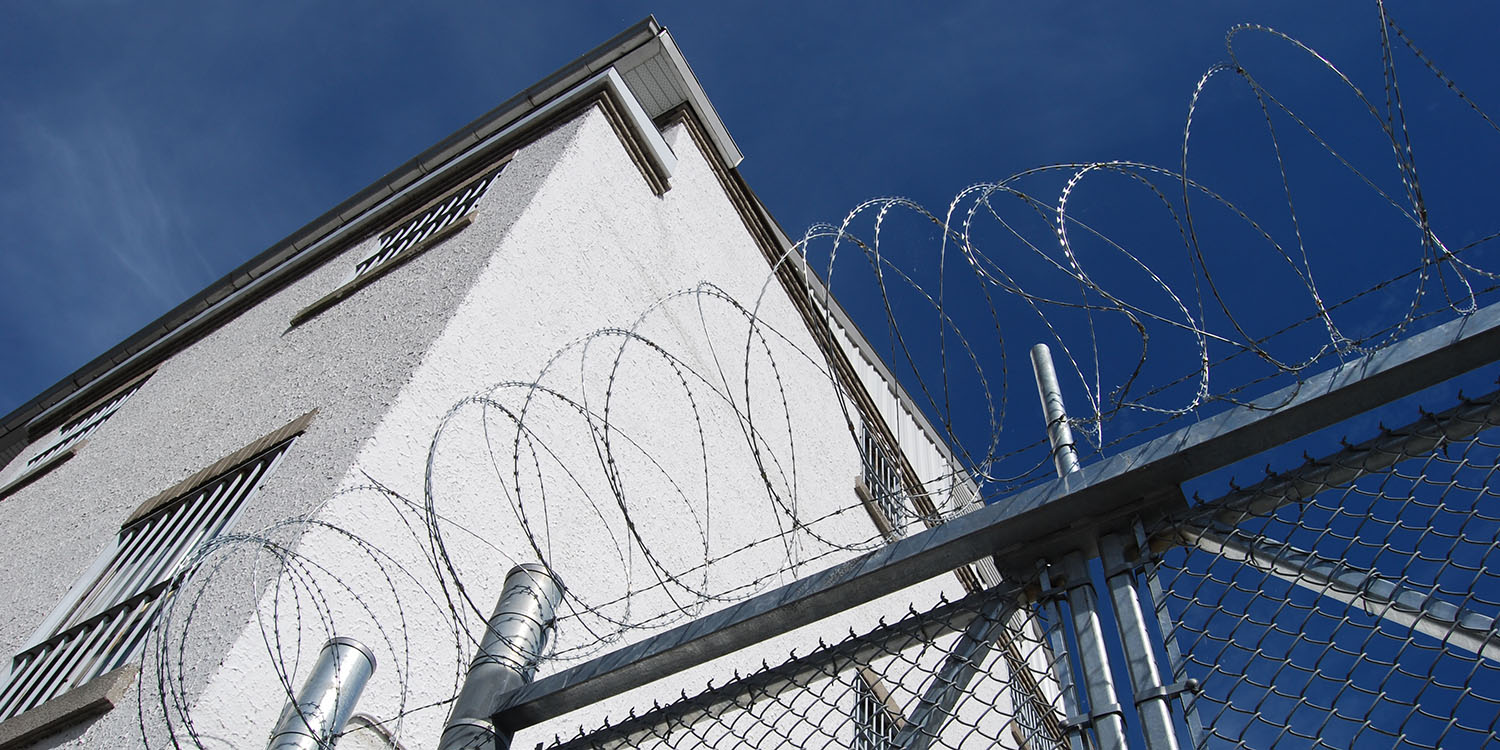
Rivos, a stealth startup, was accused of stealing Apple chip secrets by poaching staff who took with them “gigabytes of sensitive System-on-a-Chip specifications and design files.” The startup has now countersued the iPhone maker.
The countersuit argues that the restrictions Apple places on staff seeking employment elsewhere are overly broad, and intended to make employees scared to leave the company …
Apple chip secrets lawsuit
Apple’s lawsuit dates to last May, and accuses former Apple employees of using USB drives, AirDrop, cloud accounts, and even a Time Machine backup to steal confidential information.
Apple is suing a stealth startup called Rivos for poaching engineers with access to secret company information. According to the complaint, Apple believes former employees stole proprietary information at the request of Rivos as part of the recruiting process […]
Some used multiple USB storage drives to offload material to personal devices, accessed Apple’s most proprietary specifications stored within collaboration applications, and used AirDrop to transfer files to personal devices. Others saved voluminous presentations on existing and unreleased Apple SoCs—marked Apple Proprietary and Confidential—to their personal cloud storage drives. One even made a full Time Machine backup of his entire Apple device onto a personal external drive.
A court threw out that claim, but allowed Apple to file a revised lawsuit.
Rivos versus Apple countersuit
Bloomberg reports that Rivos is now hitting back with a countersuit.
The countersuit filed Friday by Rivos and six ex-Apple employees [argues that] Apple’s “overbroad” non-disclosure and non-solicit agreements are unenforceable.
“Afraid of any threat of legitimate competition in the marketplace, and hoping to frighten and send a message to any employees who might dare to leave Apple to work somewhere else, Apple has resorted to trying to thwart emerging startups through anticompetitive measures, including illegally restricting employee mobility,” Rivos said in its countersuit.
At the heart of the dispute is what Apple can reasonably order former employees to keep secret. Specific plans about future products, as well as proprietary Apple trade secrets, are not in doubt: both sides agree that the iPhone maker is entitled to keep these confidential.
However, Rivos argues that Apple goes beyond this, and wants to protect everything employees learned during their time at Cupertino, whether or not the information is Apple’s intellectual property.
Additionally, Apple’s non-compete contract – which limits the ability of former employees to obtain positions with direct competitors – is said to be “designed to, and Apple uses to, chill employee mobility and competition.”
Echoes of Gerard Williams III/Nuvia case
The case is similar to that of Apple’s former lead chip architect, Gerard Williams III. Back in 2019, Apple sued him, accusing him of breaking his employment contract by taking company secrets to chip startup Nuvia. Williams countersued, stating that Apple’s non-compete clause is unenforceable.
Nuvia was later acquired by Qualcomm, a company with which Apple has had a stormy relationship.
Apple subsequently quietly withdrew its lawsuit, without explanation. The smart money would be on a confidential settlement of some kind.
FTC: We use income earning auto affiliate links. More.




